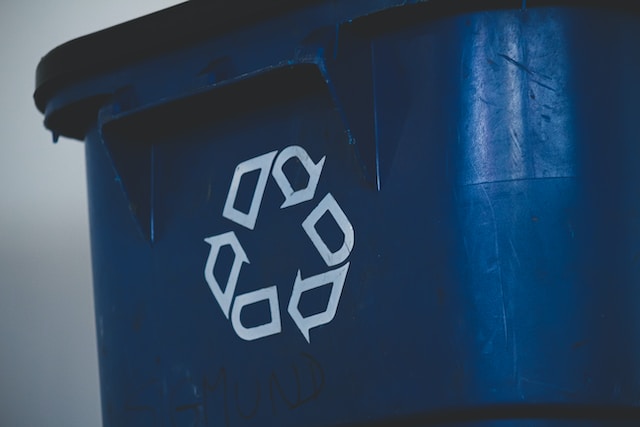At a time marked by climate change and environmental crisis, sustainable business practices have emerged as a beacon of hope for economic growth and the preservation of our planet.
Today, companies worldwide are gradually realizing the various benefits of adopting eco-friendly strategies, making sustainability a cornerstone of their function.
The Pillars of Sustainability
Sustainable business practices can define any strategy that companies use to reduce their negative impact on the environment and society. This definition leads us to classify sustainability into three pillars: ecological, social and governance-economic (ESG).
1. Environmental sustainability: Relates to the planet and its sustainability. Sustainable businesses prioritize minimizing their carbon footprint, trying to reduce waste, and conserving resources. This can happen in many ways, such as with recycling strategies and the use of renewable energy.
2. Social sustainability: Relates to the crucial role that human resources play in a business. In addition to environmental damage, we must also take into account the human factor. Companies must provide safe and fair working conditions for all and be active members of the communities around them.
3. Governance-Economic sustainability: Relates to economic growth and business profit. The adoption of sustainable economic practices can result in improved product value, reduced costs, and greater profits at the same time. The ultimate goal is the creation of an eco-friendly market.
Examples of Sustainable Business Practices
Renewable Resources
Renewable energy is a type of energy source that remains available for use indefinitely. This category contains various options such as solar, wind, and hydropower, among others.
Renewable energy is widely embraced as an environmentally responsible business practice because it enables companies to lower their ecological footprint. Renewable sources can be harnessed for extended periods without running out, unlike non-renewable resources like coal, oil, and natural gas. One primary benefit of renewable energy sources, when compared to fossil fuel-based power plants, is that they do not release carbon dioxide, which has consequences for the environment.
Ethical Supply Chain
Companies need to take care of their staff. This means that they must provide smooth working conditions, decent wages, and equal treatment of employees without discrimination.
They should also be particularly careful with goods. Where do the goods come from and how are they produced? In the past, there have been cases where child labor circuits or slave conditions were behind large-scale productions.
Recycling

The past two decades have rapidly introduced us to the logic of recycling, which has significant benefits. By adopting recycling practices, companies can greatly reduce their negative impact on the environment. At the same time, they can enlarge the scope of recycling to other materials such as glass and metal packaging.
Flexible – Remote Work
The COVID-19 pandemic came to consolidate what few companies had done up to that point. Working from home. Companies need to enable this possibility because there are positives. On the one hand, it avoids wastage in the physical space of the companies. On the other hand, employee commuting is effectively reducing with positive effects on the environment.
Environmentally Friendly Products
Companies must choose energy-efficient items, both in the products your company manufactures and utilizes. Also, have to buy environmentally friendly alternatives to harmful chemicals and materials. For instance, we can use reusable cloth or paper shopping bags instead of disposable plastic ones. Avoid purchasing items meant for single use and create products that are simple to mend. This will not only decrease waste but also extend the lifespan of business products.
LED Lights
One of the easiest ways to move to a greener future is switching all lighting to LED because it’s the most efficient type of lighting. Thus, you can save a huge amount of money and maintenance costs when you have to replace the lights.
Paper Replacement
In the modern era, where technology has advanced greatly, using paper in the office is no longer a necessity. Communication has become more efficient with the electronic means that have been developed in recent years. Further, there is no risk of losing something electronically as compared to paper.
Conclusion
In conclusion, sustainable business practices are imperative in today’s changing world. By reinforcing their strategy with environmental and social practices, companies can not only maximize their profits but also contribute to a healthier planet and society. The adoption of sustainability is inextricably linked to a profitable future for every business.
iED, as an organization that helps businesses start over or fix any issues that appear on their way to success, participates in the complex effort to promote sustainability practices in companies.

